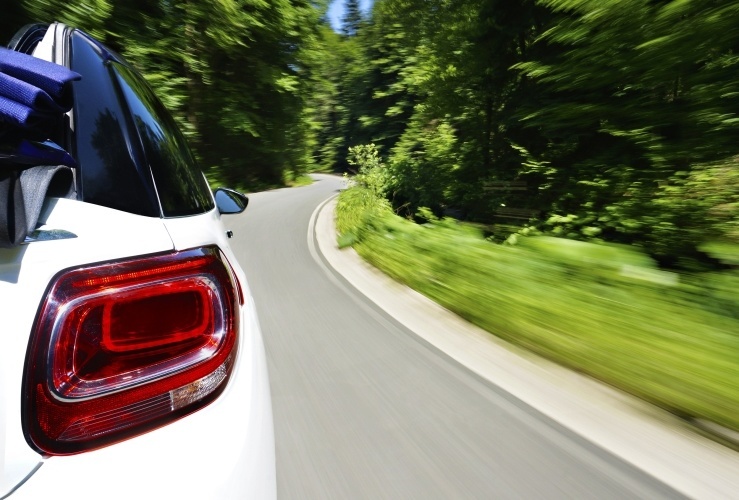There are many ways to make your petrol or diesel go further, putting more cash in your pocket.
As we so often point out at Start Rescue, good maintenance can save you a huge amount in repair bills – but it can also save you a lot in terms of fuel economy. Taking good care of your vehicle, coupled with better driving habits, could save you hundreds of pounds annually.
16 Tips to Improve Your MPG
- Make sure your tyres are inflated to the manufacturer's recommended pressure. Underinflated tyres mean more resistance – which means higher fuel consumption.
- Make sure you get every drop of fuel out of the pump – after all, you paid for it!
- Make sure your battery cables are in good condition. If they are corroded your alternator will have to work harder – which will use more fuel.
- Use cruise control when appropriate – giving you a fuel saving of up to six per cent on the motorway.
- Drive at the highest possible gear without labouring the engine. Moving quickly in low gears wastes about 45 per cent more fuel than is necessary.
- If you pause in traffic for more than a minute, turn your engine off. Idling will waste a significant amount of fuel. Modern engines are still efficient when used in a start-stop manner.
- An engine tune-up could fix problems that waste fuel. New spark plugs, as well as air and fuel filters might improve your fuel economy significantly.
- Anticipate the road ahead and reduce speed in advance rather than braking heavily. This will save you fuel and minimise wear and tear.
- Remove unnecessary weight from your vehicle, since heavier cars use more fuel. Remove the roof rack if you don’t need it – also reducing drag – further cutting fuel consumption.
- Try and do multiple errands in one trip, rather than single journeys. Cold engines use more fuel, so try doing everything in one go while your engine is warmed up.
- Drive at a steady pace. Accelerating or decelerating frequently wastes fuel.
- Avoid the temptation to rest your foot on the brake pedal. Even the lightest pressure could cause 'drag' wear on the components. More fuel will be used to overcome the drag.
- Avoid rough or bumpy roads since they make your engine work harder which, you guessed it, requires more fuel.
- Try not to travel during rush hour – accelerating, braking and idling uses more fuel than a smooth, quick trip on open roads.
- Close windows and sunroof in order to reduce drag – and fuel consumption.
- Turn off your air-conditioning unless it is absolutely necessary; air-con uses more fuel!




